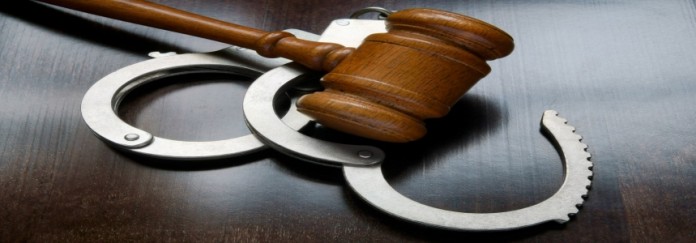Thailand-
Recently, a story has been making the news about an owner of a restaurant in Pattaya pressing legal charges against a prominent member of a Facebook Meal review group for making a negative review. We here at The Pattaya News are not going to name either party or get into specifics (Also, due to legal reasons) but will comment in general on the situation as it causing a lot of discussion on local message boards. It would appear that the majority of people commenting are not aware of Thai law or do not agree with it. Whether you agree with it or not, it does not change the fact that it IS the law.
First, most long time message board readers in Thailand will notice most of them are heavily moderated and do not allow name and shame, negative reviews or slander. This is because the website involved can also be party to legal charges of defamation and slander. Most comment sections (including our own) are heavily moderated and controlled in order to ensure that slander, libel and anything critical of the government is not allowed. It doesn’t matter if your country has freedom of speech or you can post whatever you want back home. That is not the case here.
Secondly, most laws in Thailand favour the business owner or landlord, not the consumer or tenant. In western countries this is normally reversed. Again, whether you agree with it or not, this is Thai law.
Third, in Thailand Libel/Slander/Defamation is both a civil AND criminal offense. Let’s take a look at the law:
Here is, courtesy of Siam Legal, the actual law as written for Defamation:
Section Code: 0326 – 0333
Criminal Code
SPECIFIC OFFENSES
TITLE XI
OFFENCE AGAINST LIBERTY AND REPUTATION
In plain terms, if you cause harm to a person’s reputation, including their business in front of a third party (IE. A message board or a Facebook group) you are violating the law and face two years in jail. This, combined with the computer crimes act makes it against the law to post a slanderous and defamatory review of a business or individual. This is why there are so few review websites, no yelp for Thailand and court of public opinion is rare here. Even liking a negative post or making a negative Facebook comment can and HAS got people in trouble.
Now, what if the statements about the business are true? In Thailand, that doesn’t matter. What matters is if it harms the reputation publically (Face) of the other individual or the company UNLESS it benefits the public at whole. If it is a private matter over the quality of say, a breakfast at a restaurant and the customer makes a big issue over it all over facebook and twitter, when it should have been a private matter between either the owner and customer or brought to small claims court if needed, the customer will be in the wrong. The reason many people are struggling with this on certain message boards is this is the opposite from Western Countries. Again, however, this is Thai law.
Let’s take a brief look at the computer crimes act and how this applies to someone making a negative review of a business or a person:
The Computer Crimes Act
The most enforceable parts of slander and libel laws come from the Computer Crimes Act. Passed in 2007 and revised recently, the law says that, not only is the person who writes defaming comments accountable for them – but so is any website, webmaster or anyone else considered an “intermediary” of the information who does nothing to report it or remove it. We are aware here at The Pattaya News that the facebook group where this was posted did indeed remove the material. However, merely hosting or running a review group without careful moderation could get you in trouble. In fact, even liking the post where someone made a negative review could make you also legally liable.
So, be careful about “liking” or “sharing” possibly objectionable material as you don’t want to be stuck at the end of some nasty litigation in Thailand yourself!
While it’s a good point that the Computer Crimes act was originally put in place to protect the monarchy and not for petty issues between an upset customer and an angry local business owner, we here at The Pattaya News advise to resolve an issue one on one with the management instead of “blasting” them on social media. If it can not be resolved and is a serious issue, well, that’s what the court system is for.
Hopefully this is educational for people.




